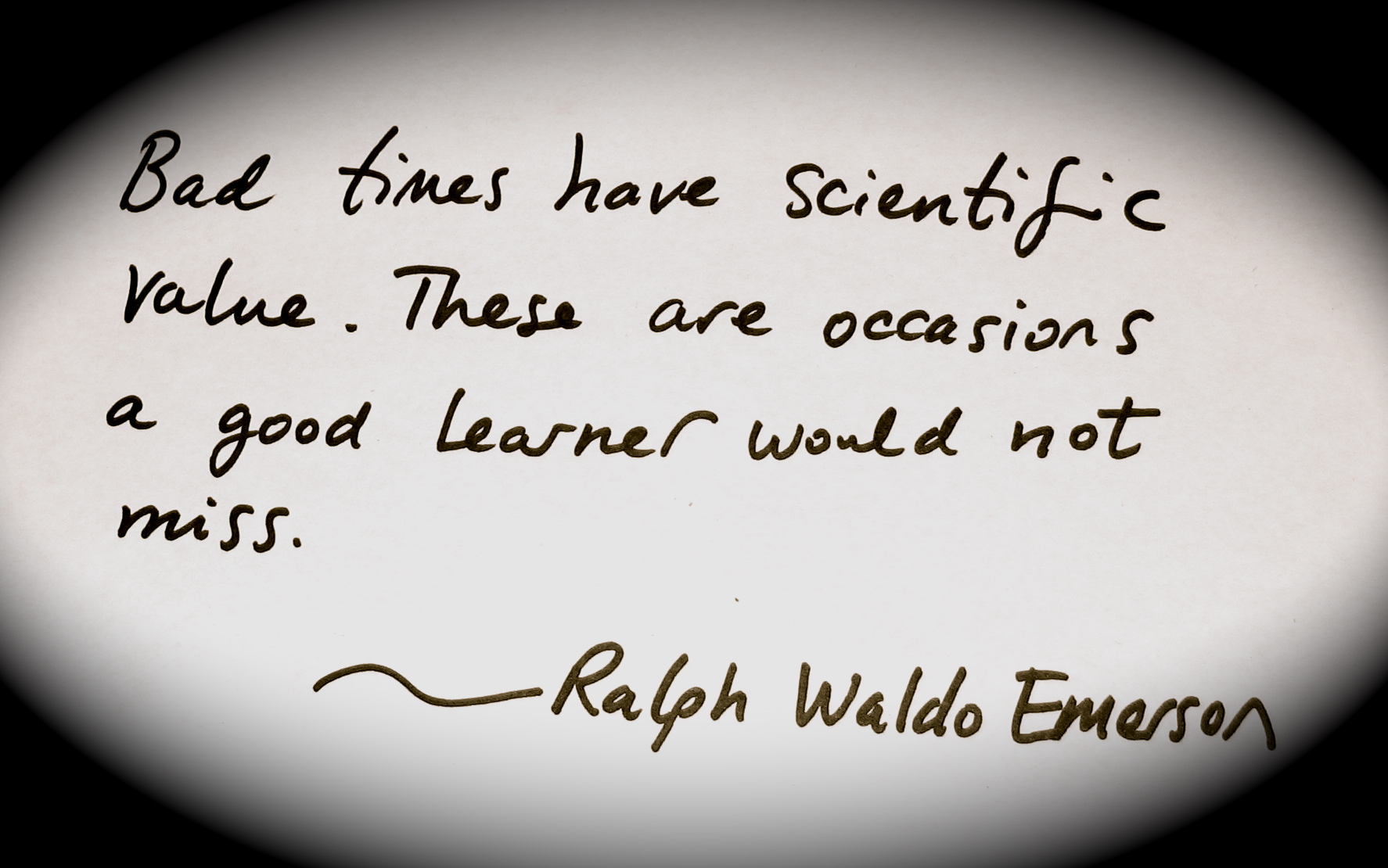Category: Teaching & Learning
-

Educational Developers: Change Agent, Maven or Broker?
by Liesel Knaack, Director, Centre for Innovation and Excellence in Learning, VIU Many times people ask me, “What do you do”? I often say, “I help faculty be successful in the classroom with their teaching and to assist with student learning.” After I describe my job a bit more, I soon realize I do much…
-
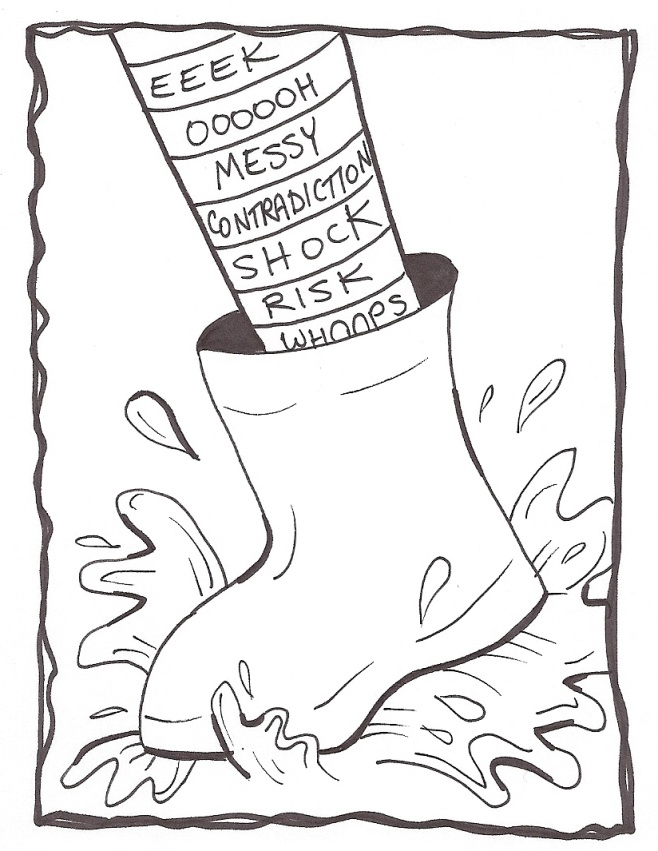
Are Teachers Simply Muddling Along?
by Andrea Noble, Online Course Support Assistant, Centre for Innovation and Excellence in Learning (CIEL) “…teaching is frequently a gloriously messy pursuit in which shock, contradiction and risk are endemic.” (p. 1) In Stephen Brookfield’s book, The Skillful Teacher, he exposes the truth about teaching. After all, it’s not a predictable profession. Students, class sizes,…
-
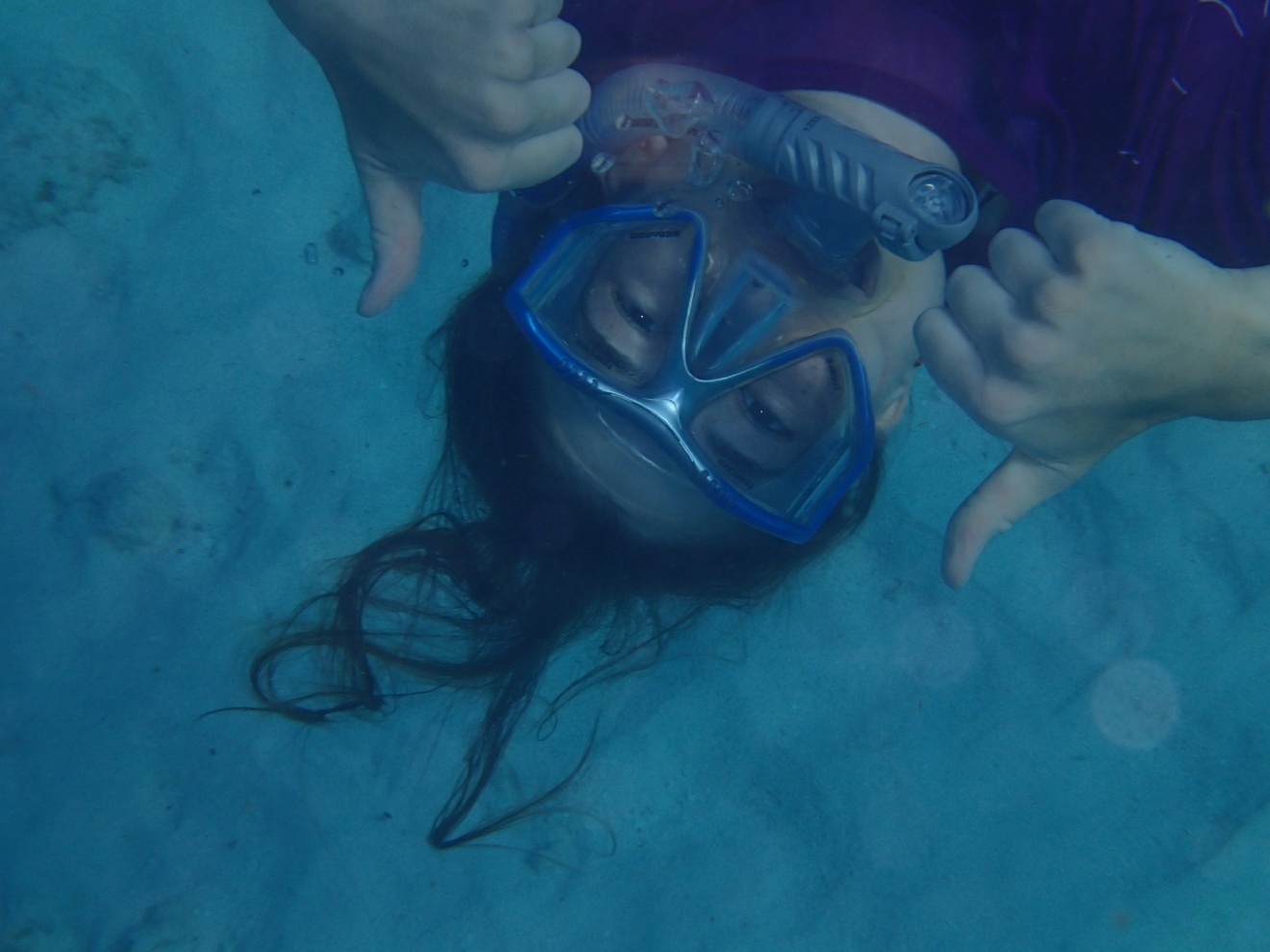
Teachable Moments
By Wendy Simms, Biology Department, Faculty of Science and Technology, Vancouver Island University I have a four year old son enrolled at a daycare that has a “Kinderprep” program 4 days a week. However, once the school year ends in June they take a break from Kinderprep and go back to play based activities. Last…
-
Think Outside the Dodecahedron Part 1
by Anna Atkinson, Department of English, Faculty of Arts and Humanities, Vancouver Island University I love the word dodecahedron, and boxes are a bit boring even when you’re thinking outside them. Besides, the term “think outside the box” suggests that to this point, only one model has been tried: the box. Teaching is about always…
-
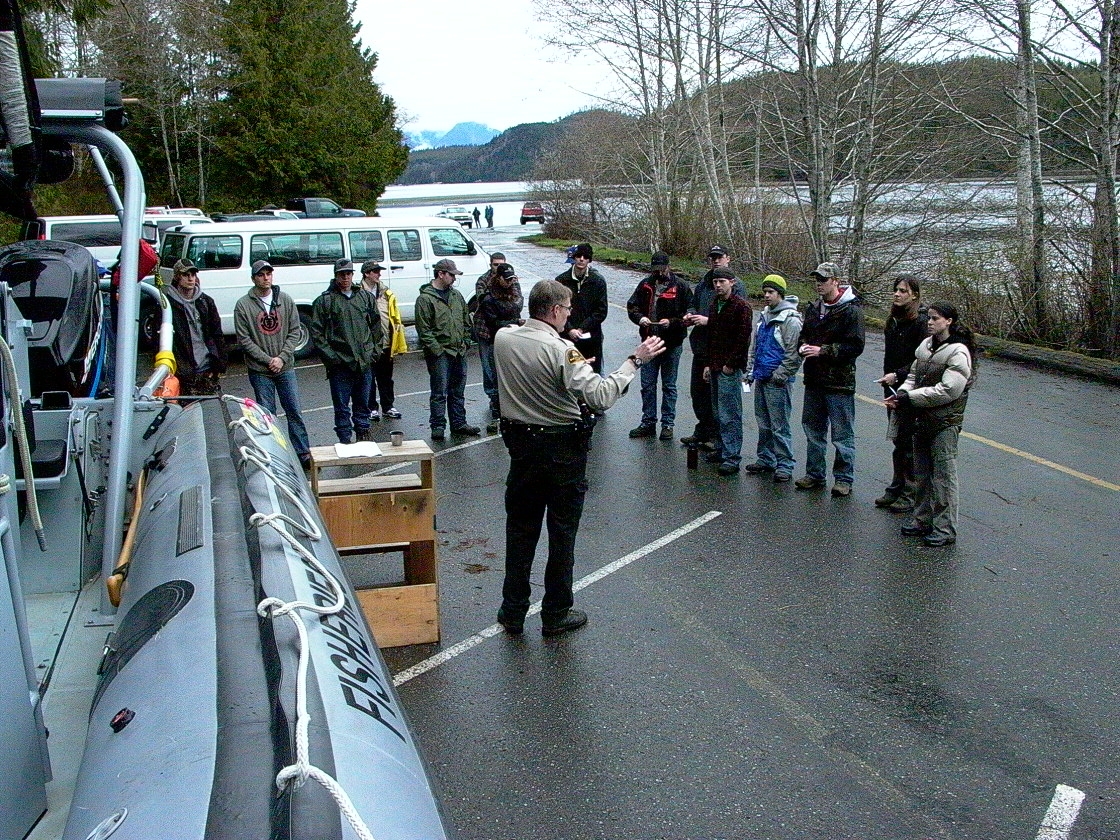
Teaching Circles: Using Skilled and Experienced Alumni
by Greg Klimes, Teaching Faculty, RMOT, Faculty of Science and Technology, Vancouver Island University One of the nicest rewards I’ve experienced here at VIU occurs each year when I invite several alumni from the RMOT program to assist in the mentoring and teaching of my current students. Here’s how it works and what it looks…
-
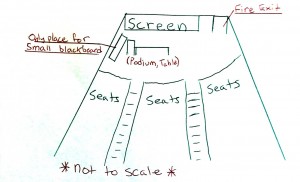
How to Turn Your iPad into a Document Camera: Teaching Chemistry in a Room not Designed for Teaching Chemistry
by Jessie Key, Teaching Faculty Member, Department of Chemistry, Faculty of Science and Technology, VIU This semester I am teaching a fairly large section (for VIU) of 72 students in CHEM 232 (Organic Chemistry II). VIU, like many other colleges and small universities, has only a handful of lecture theatres which can actually accommodate this…
-
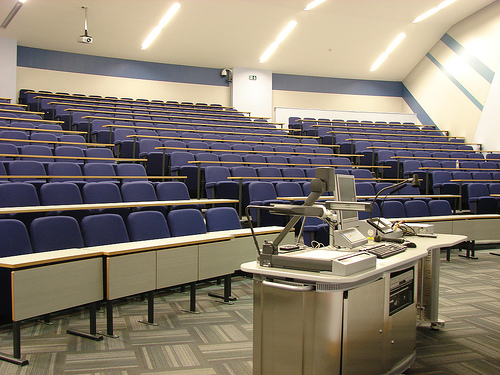
Pushing Back at the Imposter Syndrome
by Bryan Webber, Teaching Faculty Member, Faculty of Management, VIU The “Imposter Syndrome” is a psychological phenomenon that I’m familiar with from my previous life in the corporate world. In my simplified version, it refers to one’s self-doubt about their worthiness of the position they’ve achieved. And this is regardless of evidence to the contrary…
-
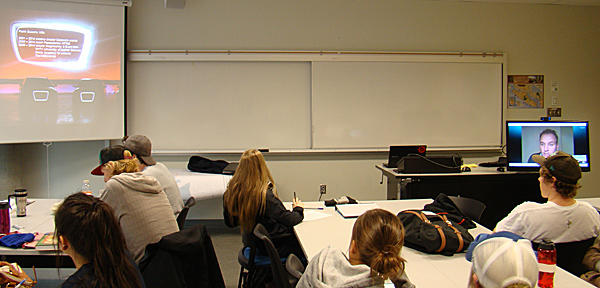
New Technologies in Class: An Added Value or Not?
by Olaf Ernst, Visiting Scholar, NHTV Breda University of Applied Sciences (Visiting Department of Recreation and Tourism Management, VIU) I have to admit: I am not a man of his time. To say it in another way: I missed the ‘digital’ boat, only being a passive user of Facebook and Linkedin, not connected to Twitter,…
-
Modifying Assessment Techniques to Meet the Needs of Students
By Dayna Johnson, Student Teacher, Year 5 Bachelor of Education, Faculty of Education, VIU (written as part of a Principles of Teaching and Learning Course) To experience an event on its own can be a valuable educational experience, but sometimes we can gain the deepest insight when we look at the same event in two…
-

Calibrated Peer Review Part II
By Barbara Metcalf, Teaching Faculty Member, Bachelor of Nursing Program, Faculty of Health and Human Sciences, VIU For all blog posts on this topic see Calibrated Peer Review Part I, Part III, Part IV and Part V I thought that in this posting I would discuss some of the benefits and challenges of the Calibrated…

